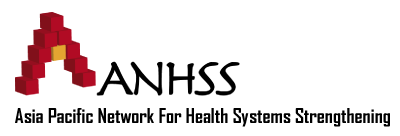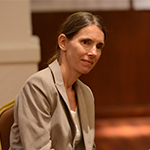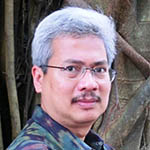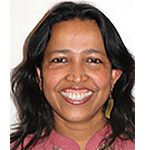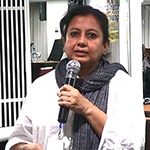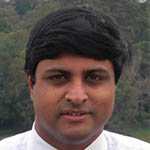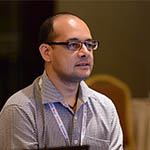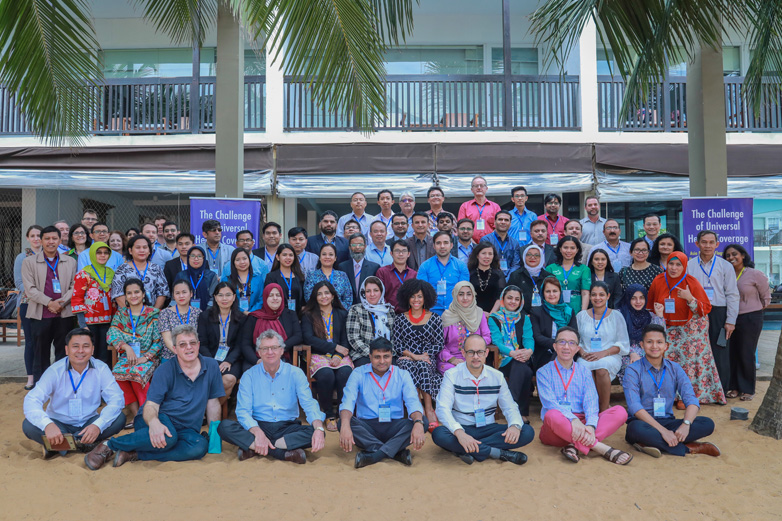Overview
The health care systems in the Asia-Pacific region are heterogeneous. The countries span a wide spectrum of socioeconomic development, from less developed countries, to middle income countries, and higher income countries. Therefore the information and training needs of countries differ.
The Flagship Cluster aims to build and strengthen the capacity of policy-makers and researchers in the Asia-Pacific region/countries through the use of the Global Flagship Framework and Approach to analyze health system performance, and design health care reforms to achieve health system goals. Information draws on innovative health care reforms in the Asia-Pacific region, especially focusing on less-researched aspects of health systems such as organization and regulation, to inform policy makers and researchers.
Core Functions and Objectives
By the end of the course, participants are expected to:
- Explain the different aspects of UHC and the ways UHC relates to the performance goals of a health system.
- Systematically analyze the challenges, opportunities, and potential risks associated with using the five main policy levers (financing, payment, regulation, organization and persuasion) to move health systems towards UHC.
- Recognize the ethical and political economy issues involved in progressing towards UHC.
- Appreciate the importance of promoting health, preventing disease, and controlling costs to making progress towards UHC.
- Gain a clearer sense of the options, opportunities, constraints and priorities in considering the next steps towards UHC in their countries.
The Asia Pacific Network for Health System Strengthening (ANHSS), with support from USAID and the World Bank, is pleased to announce that the Flagship Course for the Asia Region, “The Challenge of Universal Health Coverage – Health System Strengthening and Sustainable Financing”, will take place in Negombo, Sri Lanka, from March 6-10th, 2018. The course builds on the three previous regional courses held in Bangkok (2014), Colombo (2015), and Siem Reap (2016).
Questions regarding the application process for applicants receiving USAID and World Bank support can be sent to Sweta Saxena (ssaxena@usaid.gov) and Nedim Jaganjac (njaganjac@worldbank.org).
For an electronic version of the application form please contact Ruwanthi Elwalagedara at info@anhss.org. Potential sponsors are also welcome to contact ANHSS to discuss specific arrangements.
The Asia Network for Capacity Building in Health Systems Strengthening (ANHSS) is pleased to announce that the 2018 Asian Regional Flagship Course will take place in March in Sri Lanka. This course is a regionally adapted, week-long version of the regular Flagship Course, which is developed and taught by Harvard University and World Bank faculty for over 20 years. This course focuses on the challenges of achieving universal health coverage (UHC) in the Sustainable Development Goal (SDG)-era, with a focus on countries in the Asia region. This course applies the Flagship analytic framework to foster structured and strategic thinking about how to identify and address critical health system problems, and how to advance health systems towards UHC.
The course methodology uses a mix of lectures, debates, hands-on group work exercises and case studies. Daily group work sessions are a key part of the course and give participants the opportunity to apply the course concepts to their own countries, and to interact with and learn from the experiences of instructors and other participants/countries.
The focus of the course is on analysis, not advocacy. During five days of intensive interaction with peers and faculty, participants will learn how to apply tools and concepts to assess the status of their health systems relative to their coverage goals, understand the determinants of progress in health system performance, the levers that exist to improve systems and coverage, and feasible policy options.
The course is intended for mid-level and high-level policy-makers, managers, implementers and other stakeholders working in health and finance ministries and other government agencies, civil society and private sector organizations, and universities in the Asia-Pacific region, together with their development partners and other key stakeholders. Country teams comprising representatives from multiple agencies are particularly encouraged.
